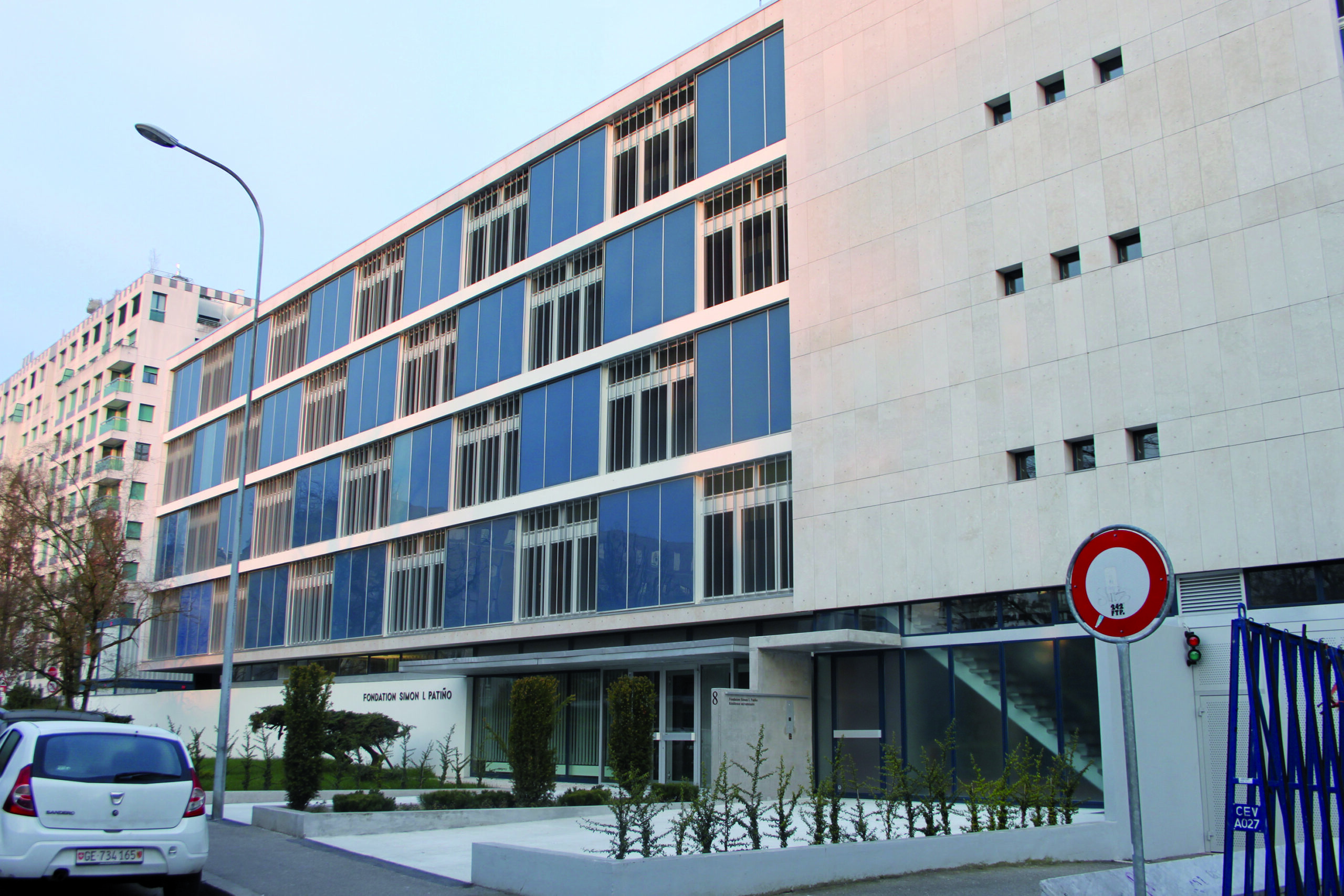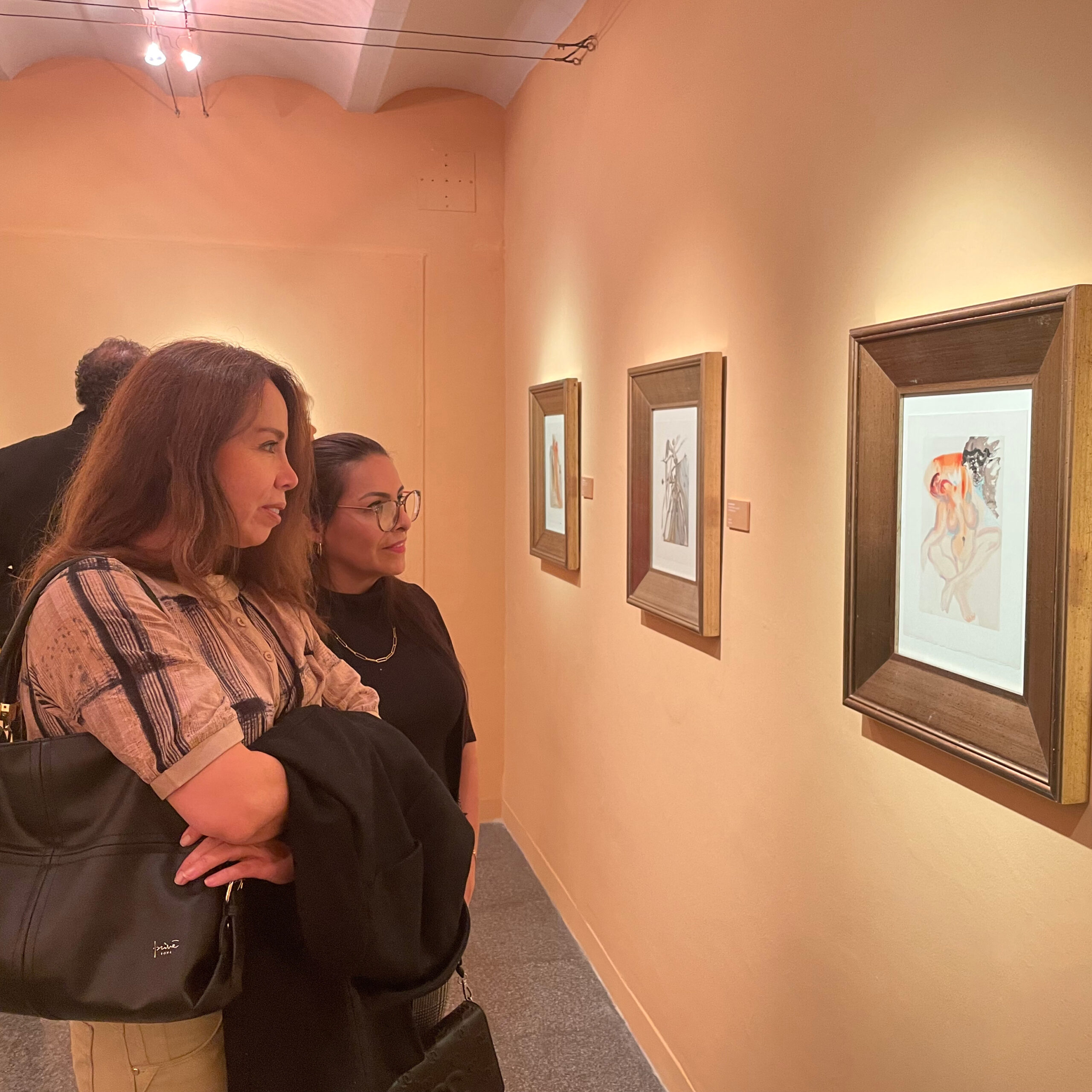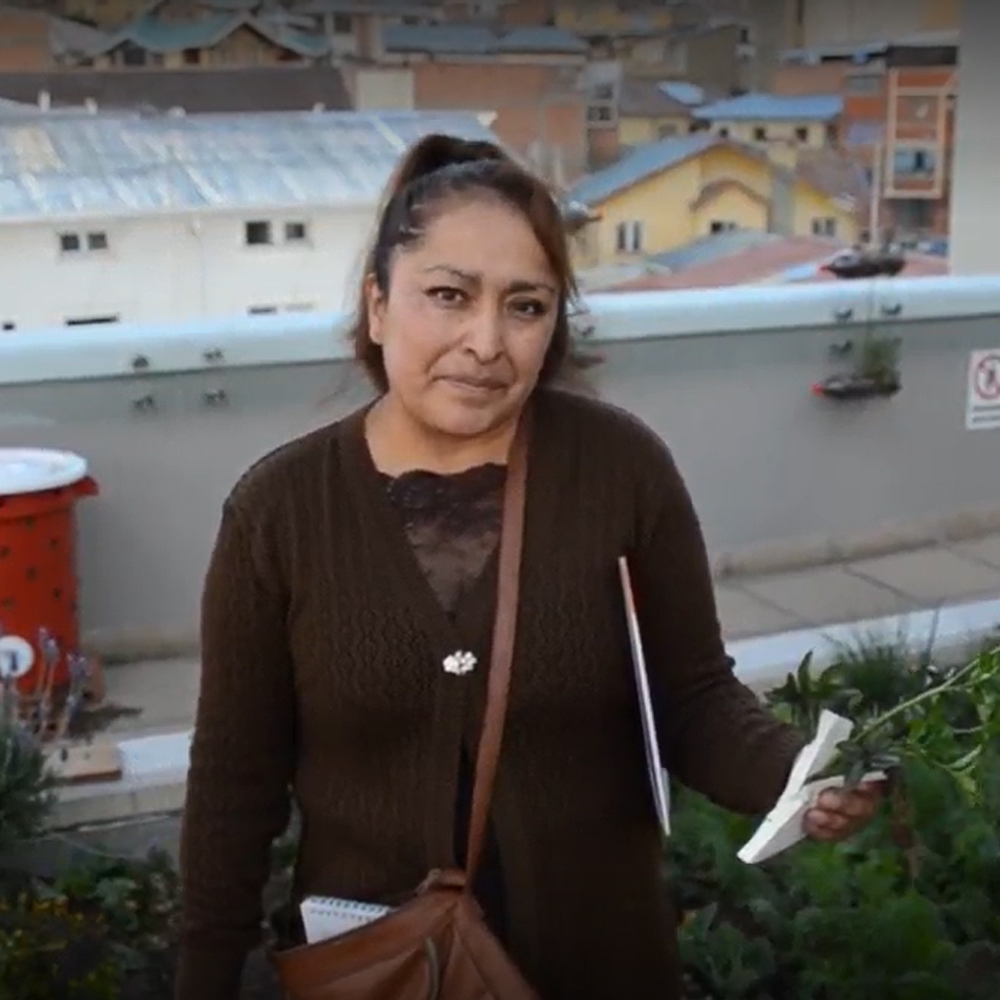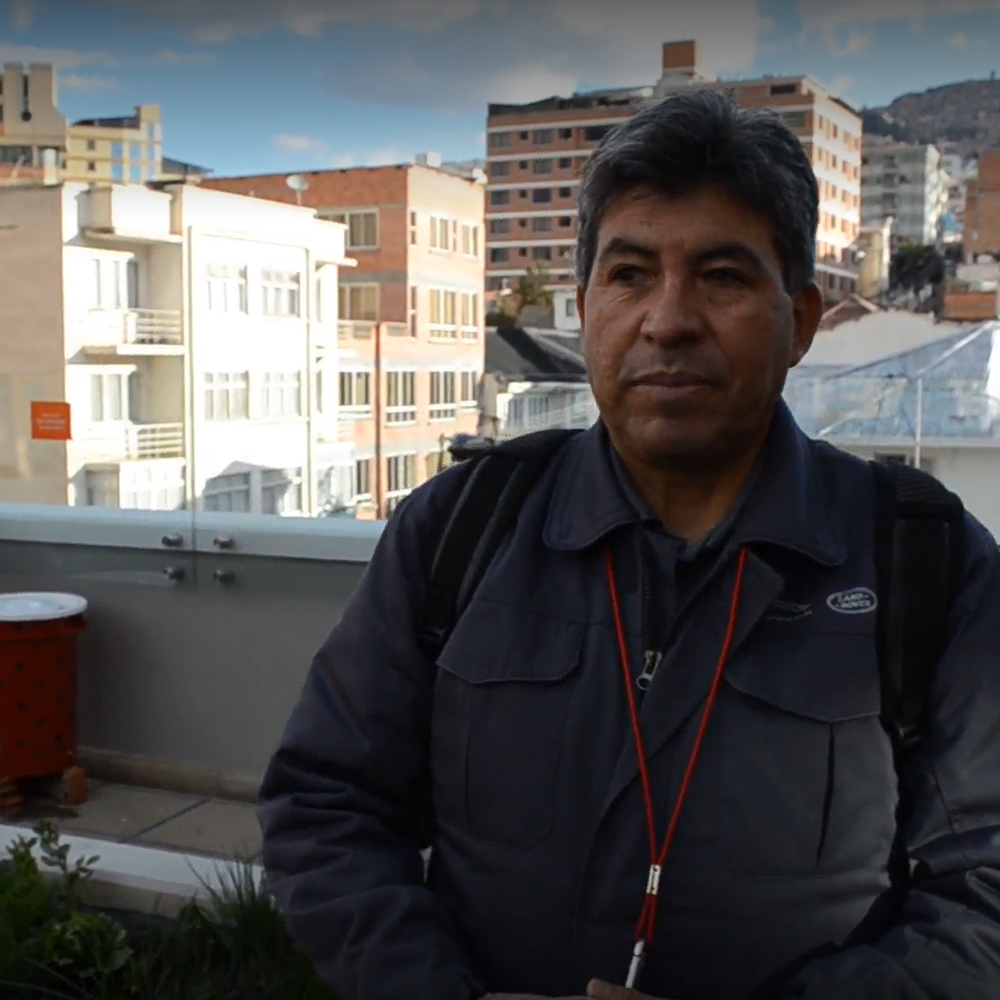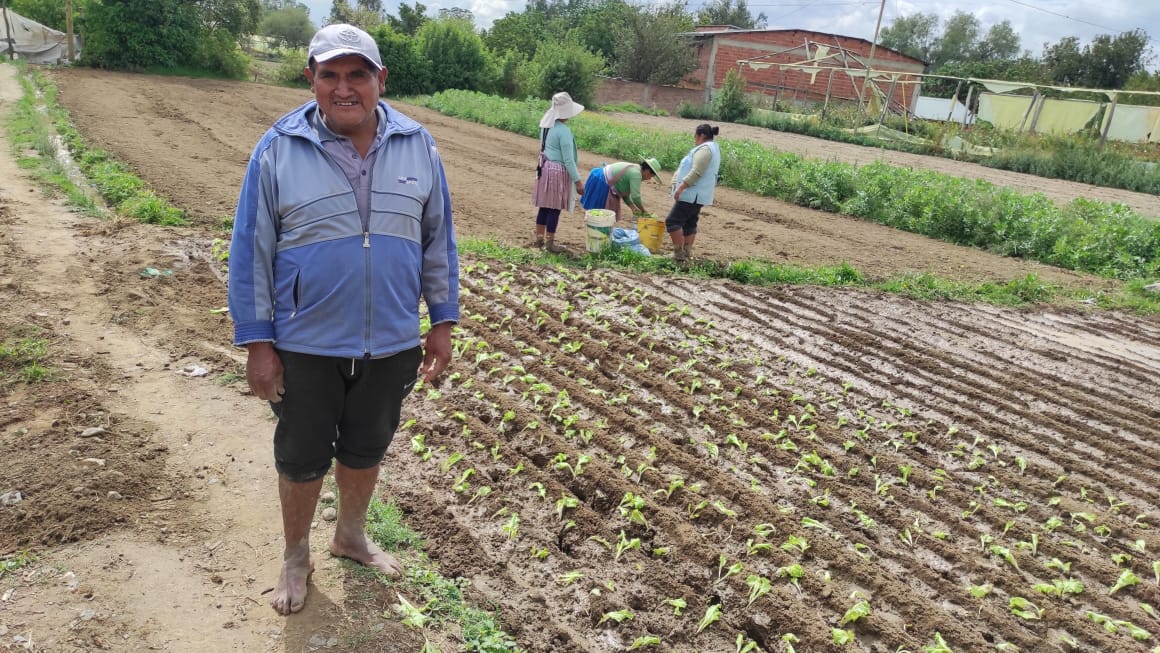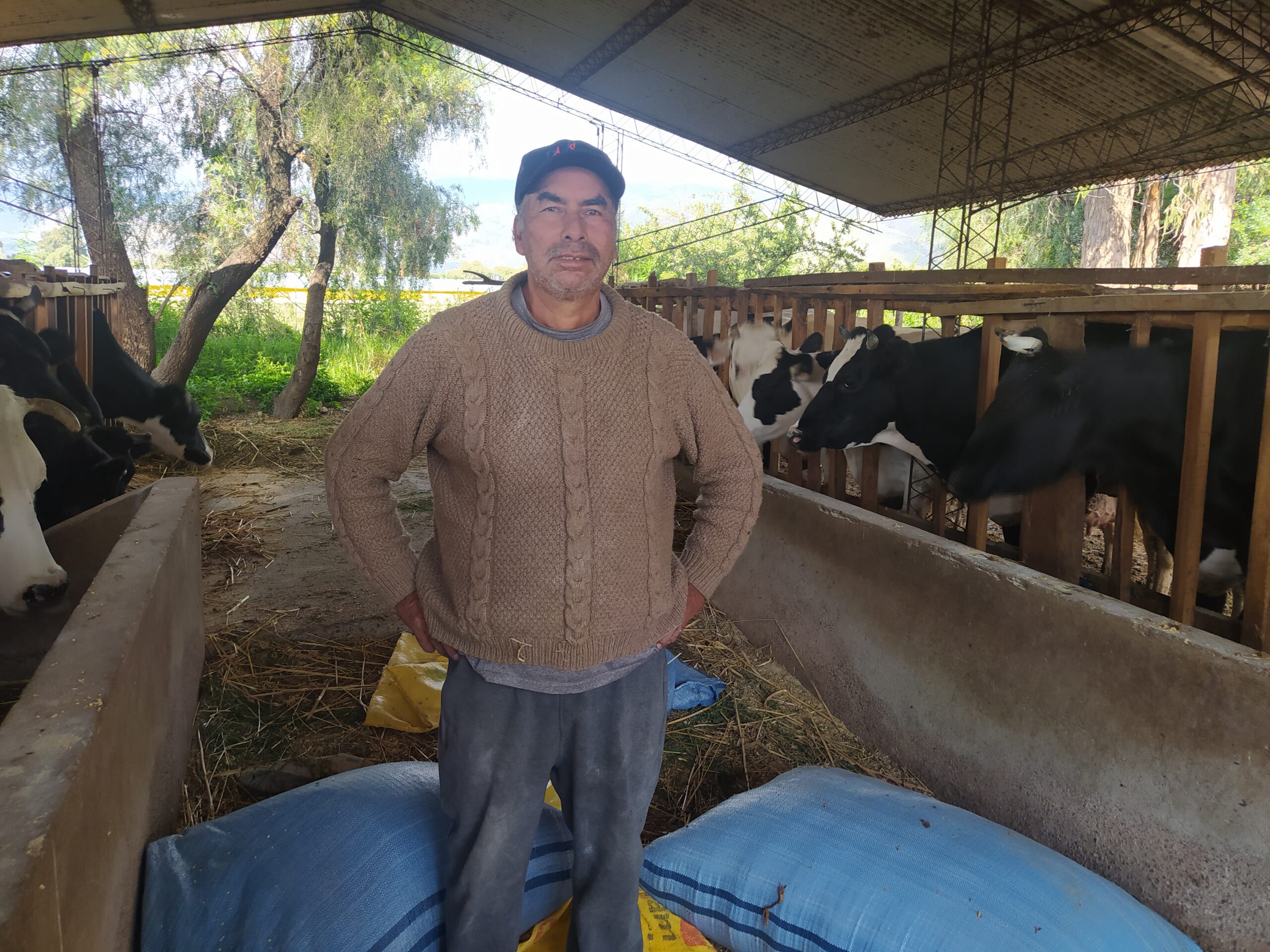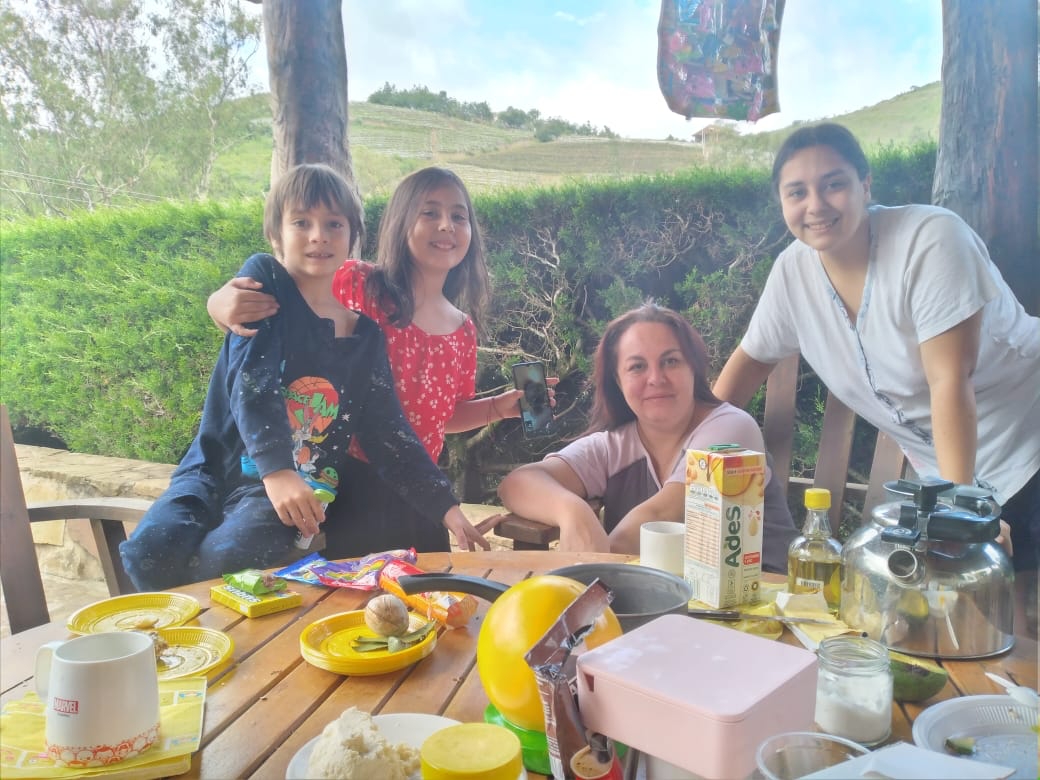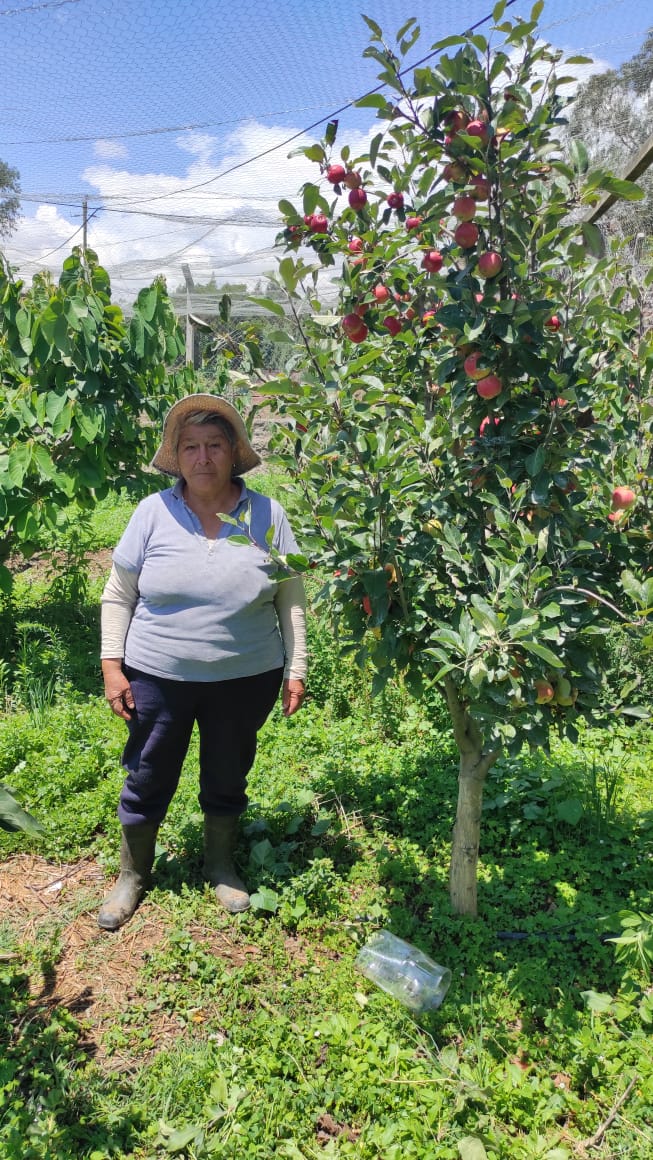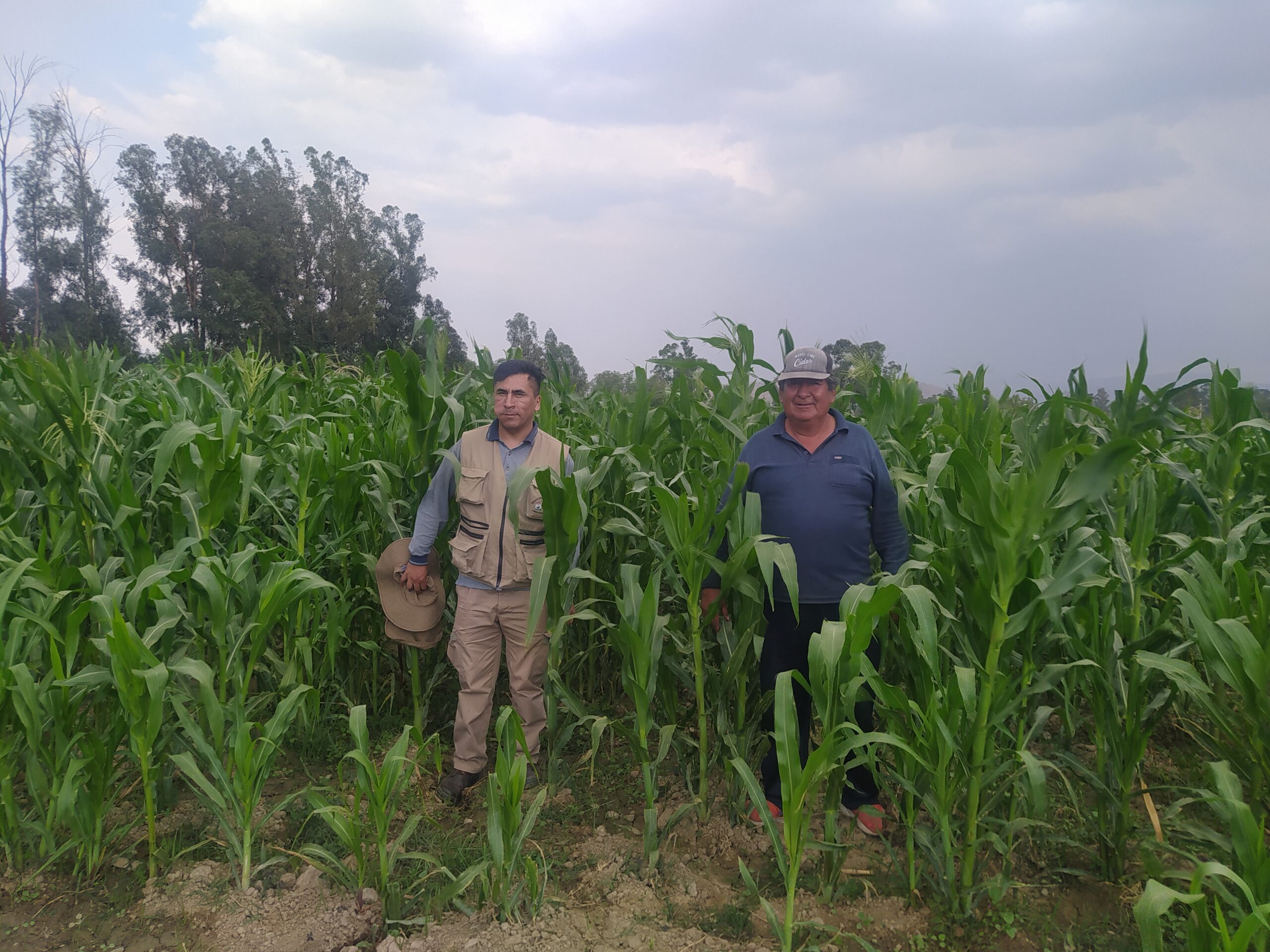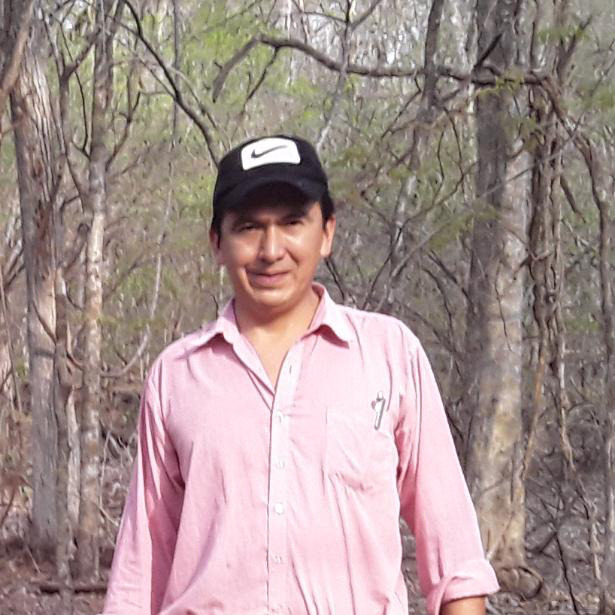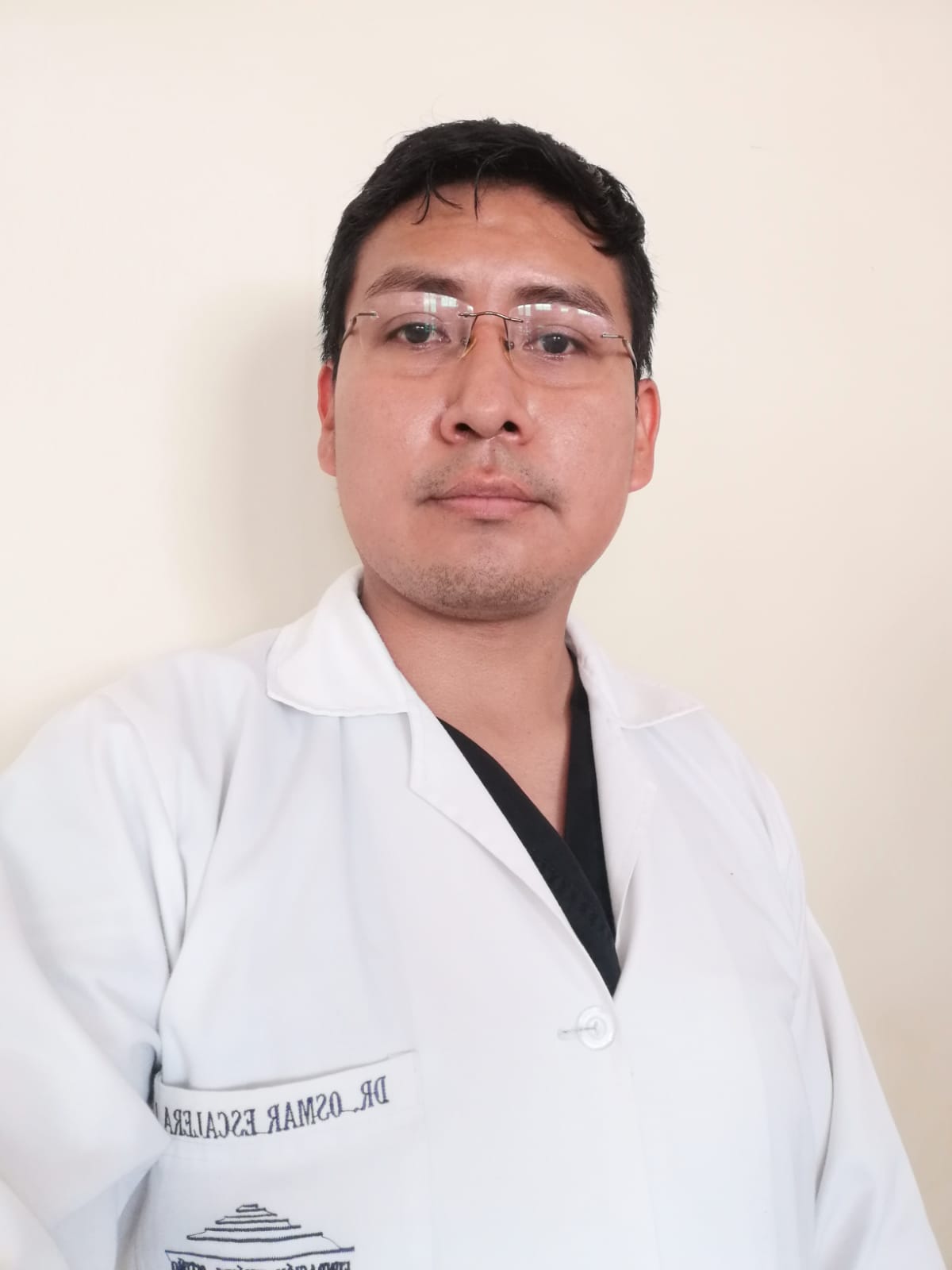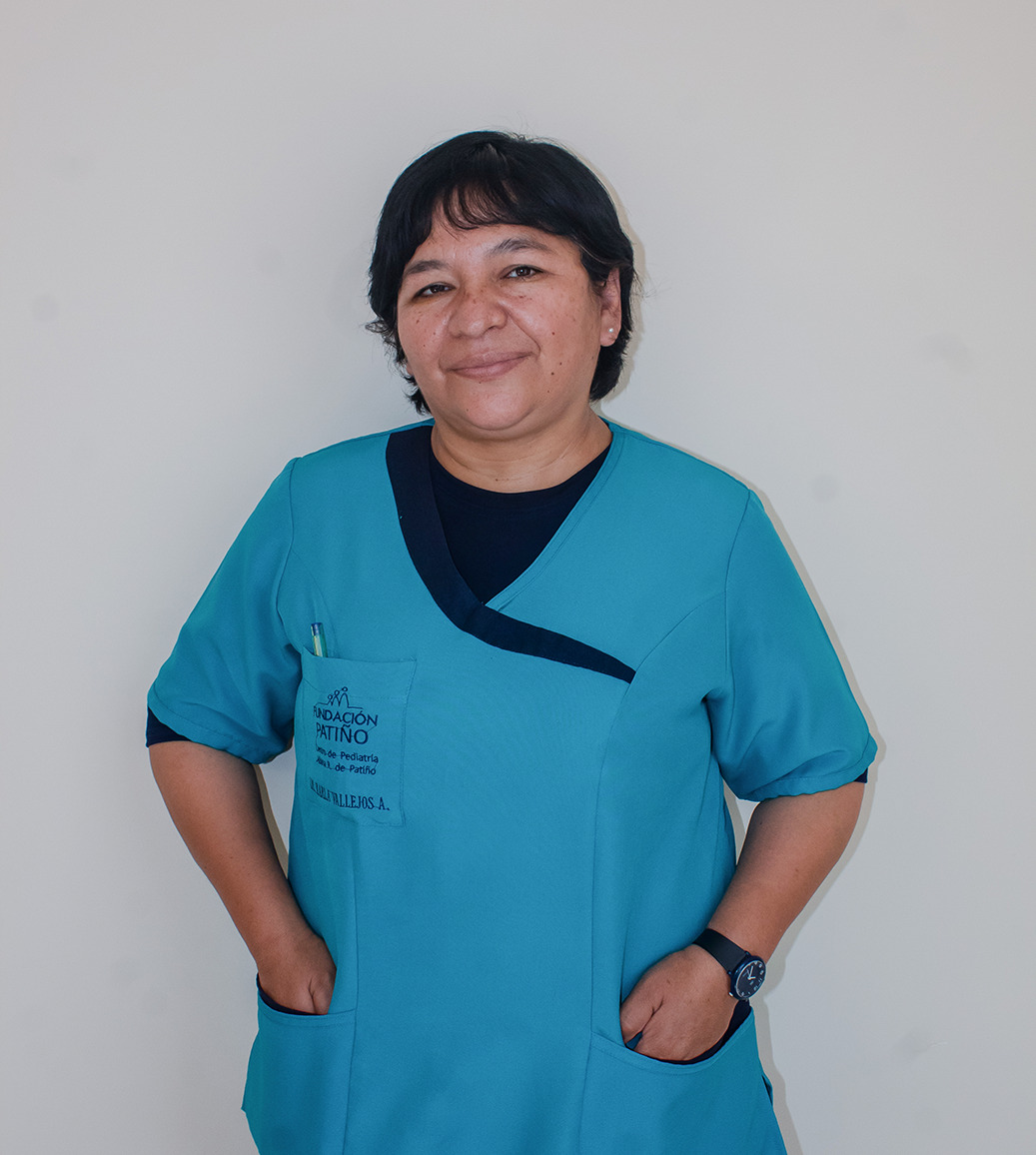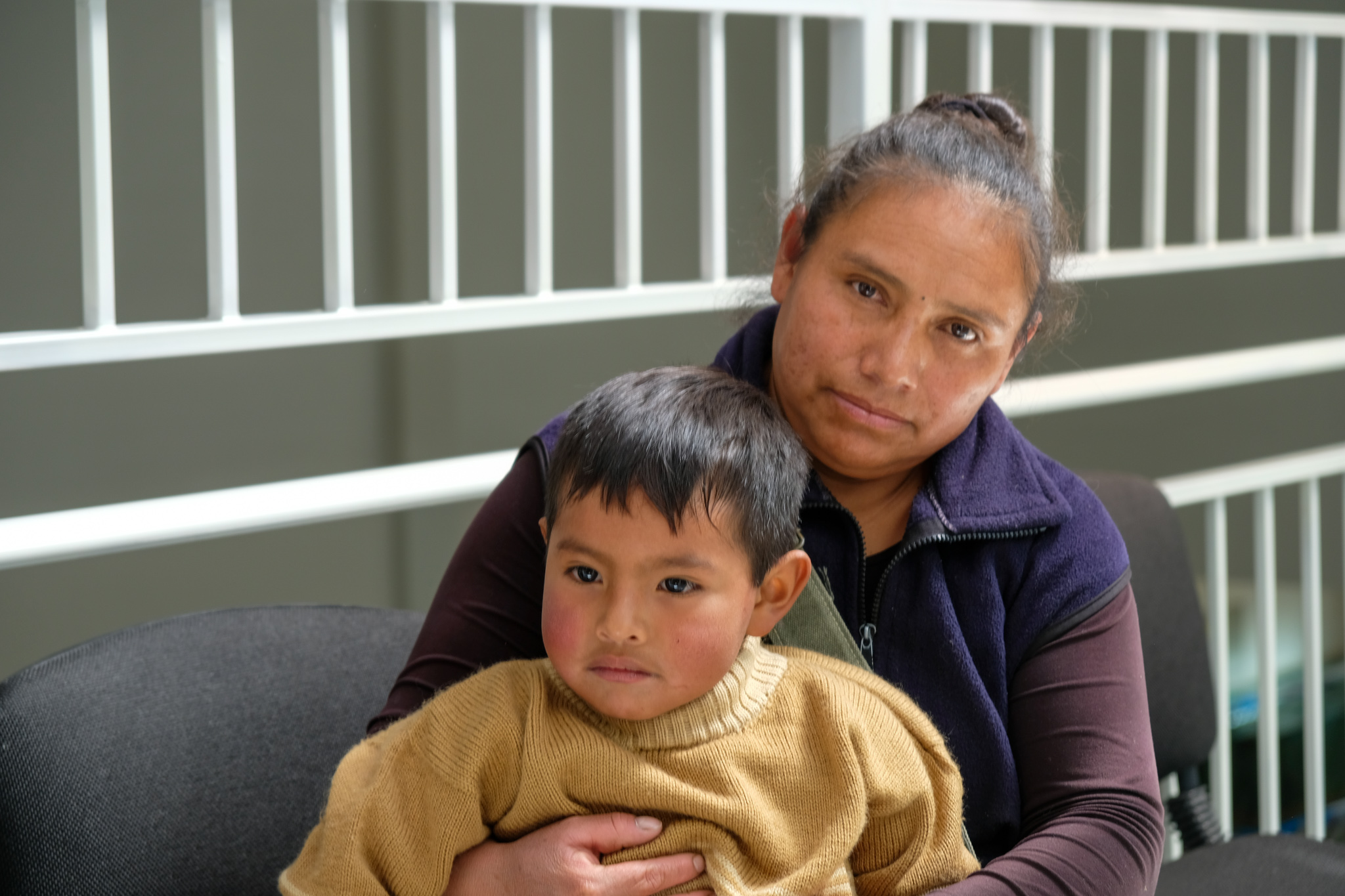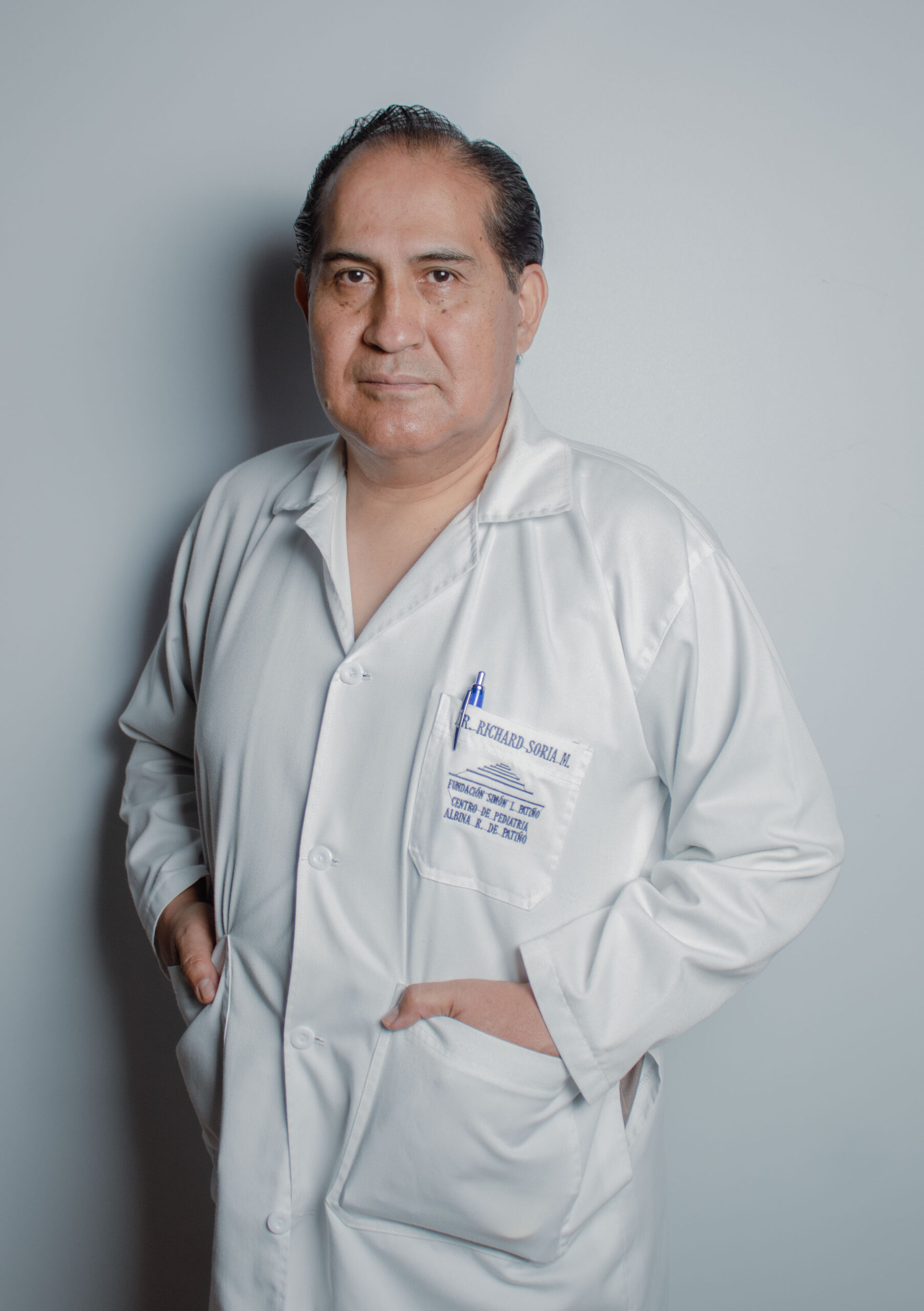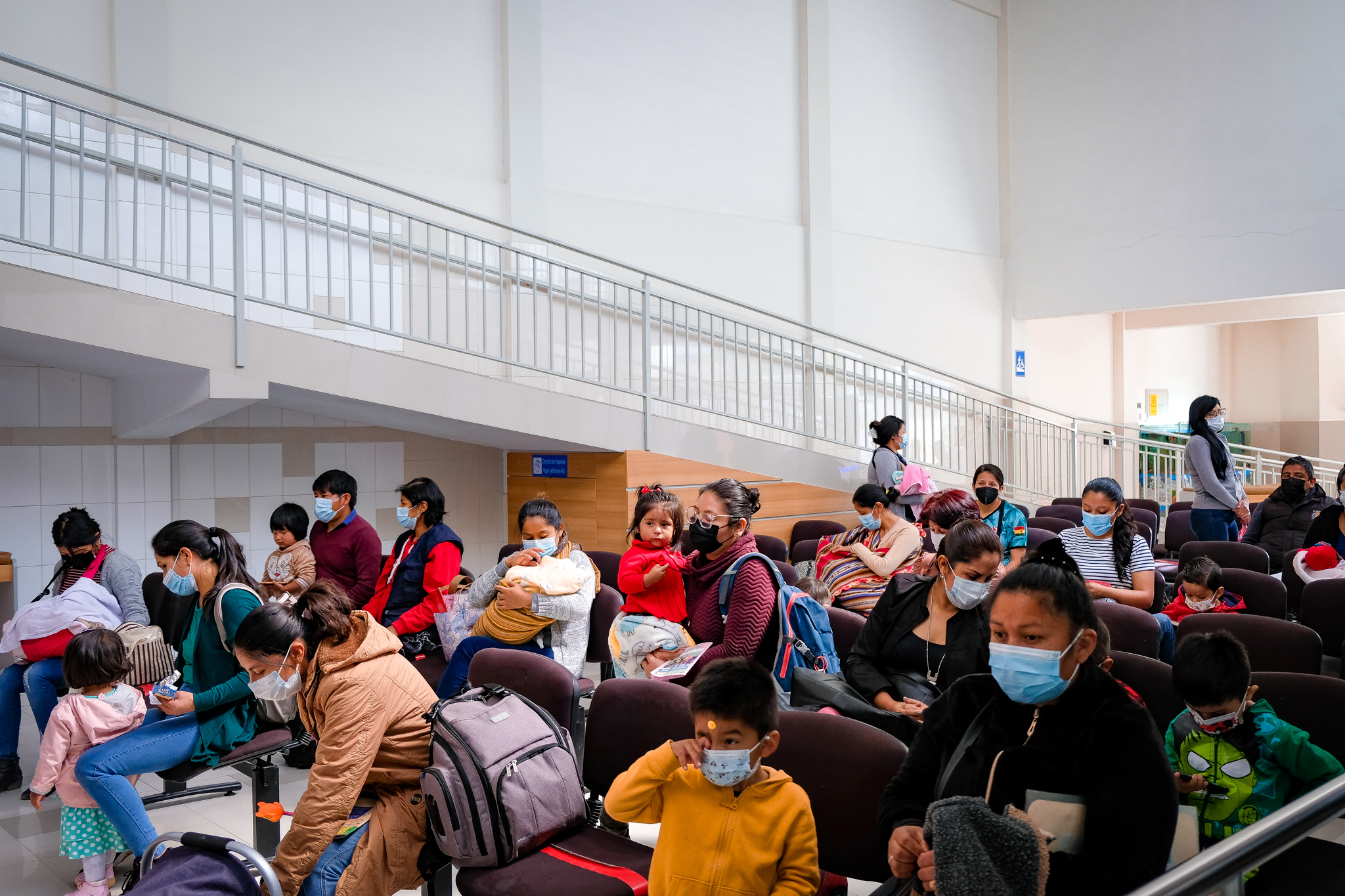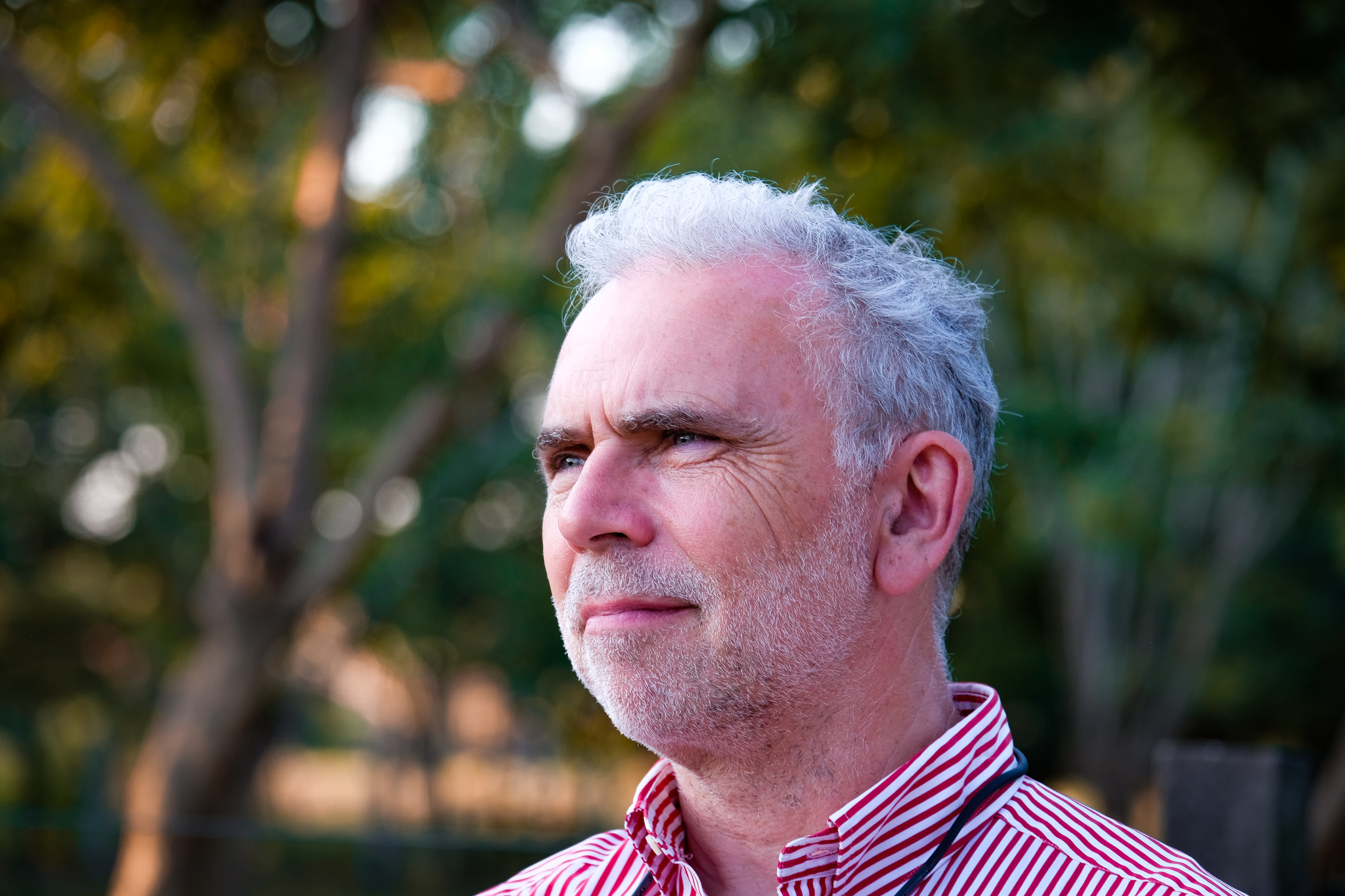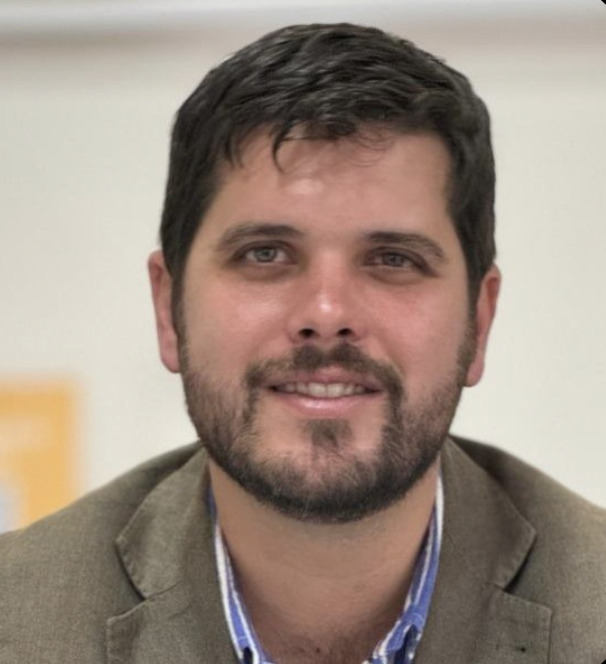Albina Rodríguez
Albina Rodríguez Ocampo was born in Oruro in 1873, in the bosom of a respected family of that city. In 1889 she married Simón I. Patiño, who would be her great companion in life. Together they became parents of René, Antenor, Graziella, Elena and Luz Mila Patiño Rodríguez.
Doña Albina accompanied Don Simón’s climb to business success, a road full of difficulties that they faced together.
When the success of the La Salvadora mine transformed the Patiño family’s lives and brought technological and infrastructural development to the mining centers, Don Simón had a hospital built in Catavi and another in Uncía, which were named after Albina, in homage to her constant concern for children’s health. Also in 1912, the couple financed the construction of the children’s ward of the Viedma Hospital in Cochabamba and in 1964, after the death of Don Simón and Doña Albina, the Patiño Foundation continued the philanthropic work of the couple by financing the construction of the “Albina R. de Patiño” Children’s Hospital.
Albina Rodríguez de Patiño was also a devout woman, as evidenced by the impetus she gave to various projects that contributed to the Catholic Church, such as the construction of temples in the mining centers and donations, including the organ of the Cathedral of Potosina, the tower of the Cathedral of Oruro and the Holy Sepulchre donated to the Church of the Society of Jesus in Cochabamba. In 1950 she was distinguished by the Bolivian government with the Condor de los Andes decoration for her acts in benefit of the country and her donations in favor of the national culture.

